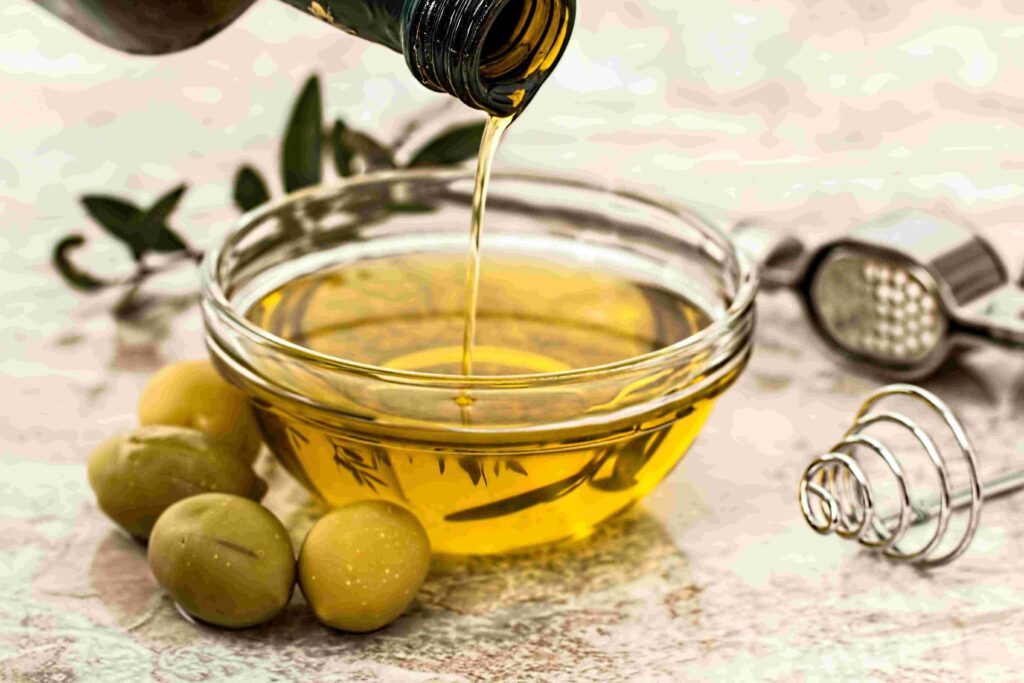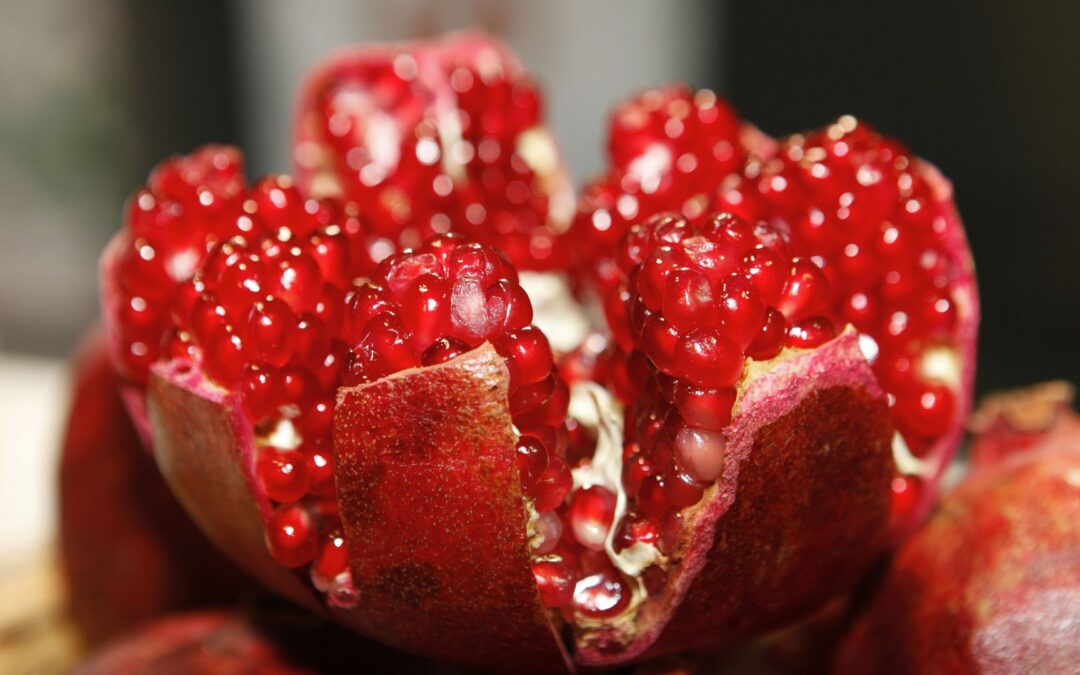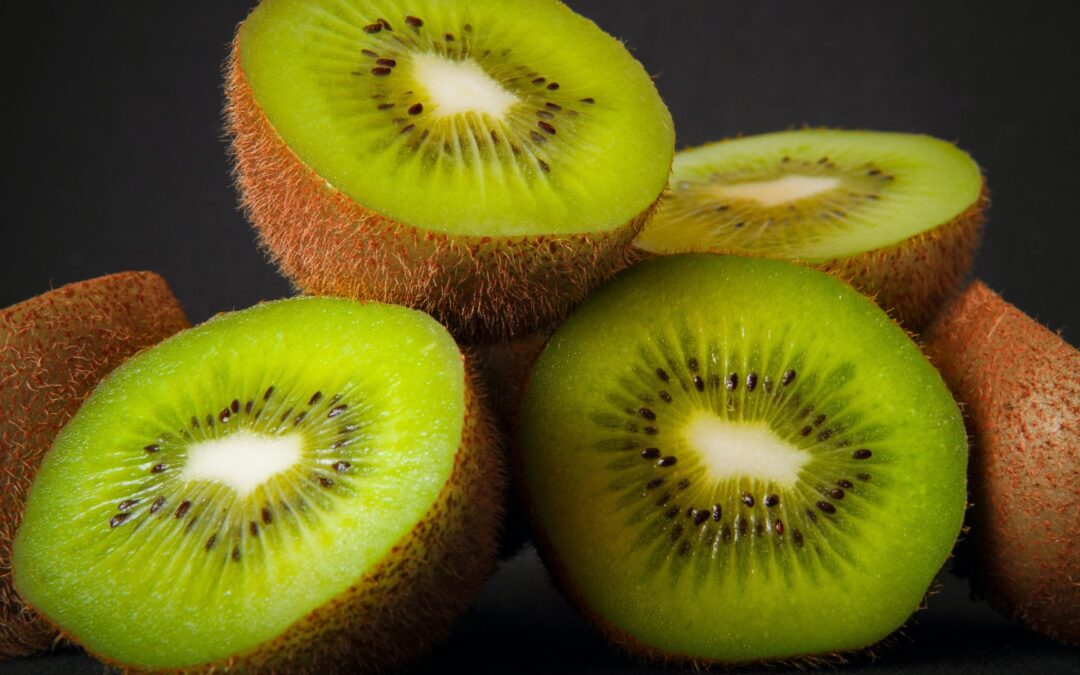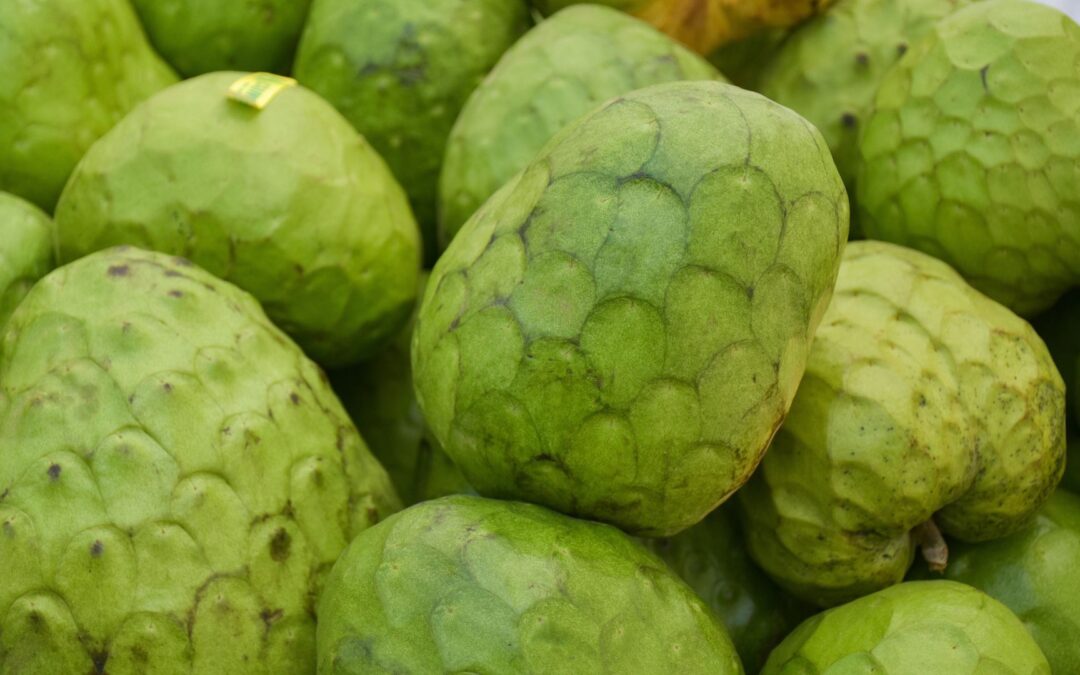Let’s learn a little more about the zesty fruit that many of us refer to as a vegetable, remedy or sometimes ingredient. Let’s start with some background: olives are a little evergreen tree native to Europe that may thrive for hundreds of years. Olives have been dated back to 3,000 BC when they were commercially grown in Crete and regarded as a key source of wealth in Minoan society. Olive farming may be traced back 6,000 years to ancient Crete and Palestine, from where it spread to surrounding nations and then to the New World via Spanish immigrants. Peace, plenty, knowledge, strength and grandeur are all symbols associated with the olive branch.
Olive trees are now found throughout Africa, the Mediterranean basin, Asia and parts of southern Italy. Even though today’s attention on olives is mostly centred on the oil rather than the entire dish, In terms of harvesting and processing, these naturally salty and delicious bites are still one of the world’s most commonly enjoyed pleasures. In human life, Olive plays a variety of roles. Olive oil, one of the fundamental components of the exceptionally healthy Mediterranean diet, is made by extracting the healthful fats in olives. From an egg sandwich to a cheesy pizza, olives may be found in salads, sandwiches and tapenades.

The incredible health advantages of olives will astound you. Olives are one of the world’s healthiest superfoods. Olives are high in important fatty acids, particularly oleic acid, as well as vitamin E, iron, copper, calcium, and antioxidants. Here are some of the health advantages of olives. Olive fruit contains oleic acid, which is known to reduce inflammation, lower bad cholesterol (LDL), and inhibit cholesterol oxidation. Olives can also help to lower blood pressure, which makes them beneficial to heart health. Olive fruit is known for its anti-inflammatory characteristics, which can help to relieve pain in the body. Olive polyphenols help to prevent bone loss and improve bone health. Olives are high in probiotics, which are important for maintaining intestinal health.
Last, not to mention, I feel proud as a peacock to write that as an Asian. A traditional, cultural and popular item is the ‘Green Olive Pickle’, also known as ‘Jolpai Achar’, which is a spicy, sweet and sour chutney. Although it seems to be a full olive, this is a seedless olive pickle. It’s a soft and tasty pickle recipe. In the winter season, this fruit reminds us of the word evergreen.






